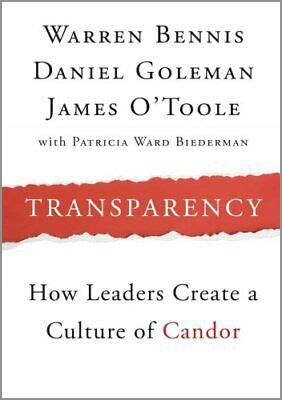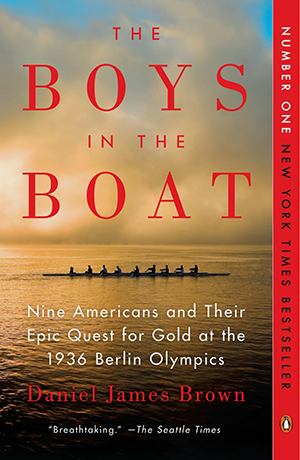In Belligerence We Trust

In Belligerence We Trust
When did stubbornness become a virtue and cooperation become a sign of weakness? As I write this, Americans are going to the poles not to elect their favored candidates but rather to keep “those other scumbags” from gaining (or maintaining) control. Lack of communication is not only killing our businesses, it’s bringing about the death of our culture.
I had an enthusiastic conversation last week with a very astute fellow named Max. His job consists of going into corporations on the very edge of financial ruin and rescuing them from calamity. I imagine that’s not too different from the police officer answering a domestic disturbance call. That cop’s primary hope for success (and maybe even survival) is the ability to quell emotion and facilitate rational compromise. So too is my friend’s vocation.
Honestly, there should never be a need for my friend’s services, but his business is booming. Why? Admittedly, on rare occasions, corporate entities simply fail to see the approaching expiration of their product’s relevance – Kodak was one of those companies. Far more common than obsolete products, however, are obsolete attitudes.
Within most faltering companies, the delta between the C-suite’s vision for the company and the average worker’s personal goals represents a gaping chasm. Additionally, many organizations foster atmospheres where even upper management fears telling the CEO what he or she needs to hear. Why? When did we replace honest communication with managerial edicts like, “Just do what you’re being paid to do.” and, “Don’t question my judgement.”? How can we even hope to all row in the same direction without open, honest, respectful communication?
But enough about corporations. What about all those angry voters? What is it about our society that demands emotion-based head-butting instead of rational negotiation? Without question, it was Western Civilization that brought an end to institutionalized slavery, one of the greatest atrocities in human history. The Romans had no desire to do so. The Egyptians needed army of enslaved workers to construct those amazing pyramids. Only Western civilization confronted the barbarity. But consider the difference in how diverse societies within Western civilization brought about colossal change.
Between 1861 and 1865, over 600,000 Americans killed each other, settling the dispute about slavery in North America. On the other side of the Atlantic, slavery had long since been abolished without a single shot being fired. One man, William Wilberforce, spent his entire lifetime persuading his fellow countrymen, through rational conversation and debate, that every human being is made in the image of the Creator and, as such, is intrinsically valuable. And make no mistake, if Wilberforce was wrong, then “might makes right” and morality is only the preference du jour of the ruling herd.
Wouldn’t it be great if we reverted to having honest, rational conversations, devoid of the emotional rancor that inevitably leads to failed corporations, societal upheaval and ultimately to bloodshed?
 Perhaps you see something here that you take issue with. That’s great! Email me so we can get together and talk. We may not end up in agreement but at least we will each broaden our perspective. As always, I’ll buy the coffee
Perhaps you see something here that you take issue with. That’s great! Email me so we can get together and talk. We may not end up in agreement but at least we will each broaden our perspective. As always, I’ll buy the coffee
“What is the source of quarrels and conflicts among you? Is the source not your pleasures that wage war in you? You lust and do not have, so you commit murder. And you are envious and cannot obtain, so you fight and quarrel.”
― James 4:1-3 (NASV)

Did someone forward this newsletter to you after reading it themselves? Don’t settle for that!
CLICK HERE
to get a fresh, unused copy of this newsletter sent directly to you every Sunday morning. If you decide it stinks, you can always unsubscribe.
Transparency
— Warren Bennis, Daniel Goldman, James O’Toole
I probably should have put the authors above the title on this one. Any book containing Bennis and Coleman in the author list is a book worth spending time with. They begin by exploring the pitfalls of corporate opacity just enough to scare the reader into reading the rest (and best) of the book. This could well be the culmination of Warren Bennis’ lifelong crusade for honesty and openness in corporate setting.

The Boys in the Boat
— Daniel James Brown
This is the book that first got me thinking about the value of camraderie and how it can traverse ethnic, economic, and philosophical barriers to bring about success. Brown also highlights the damage that self-focused living did in his own life. He writes a compelling tale that is fun to read just as an adventure, but he fills it with images of valuable relationships and how they benefit both parties. This is the book you’ll read more than once and then, pass it on to your kids.













